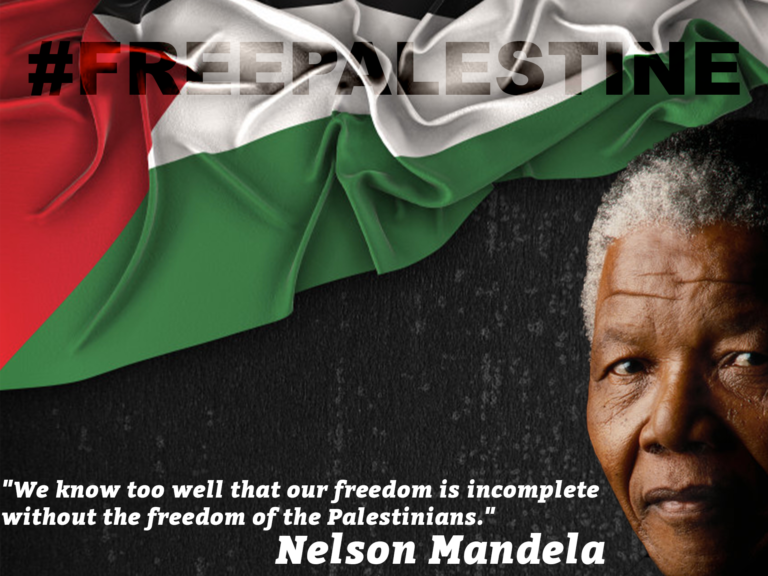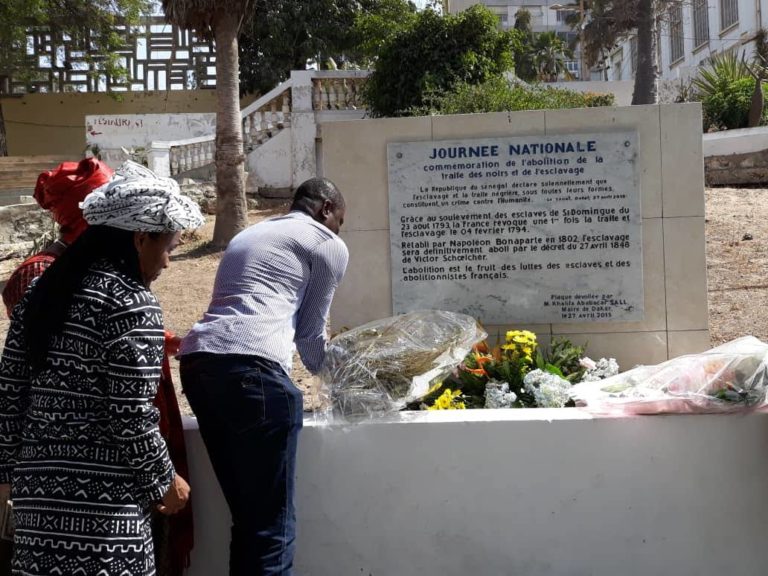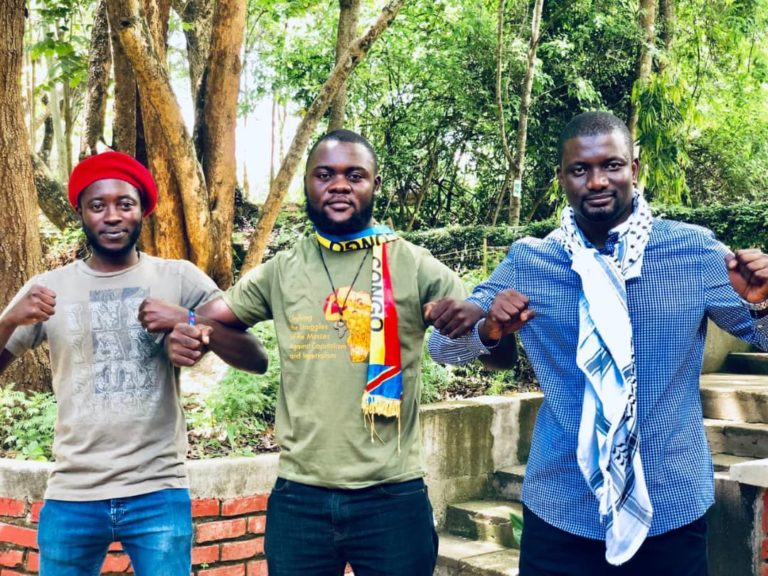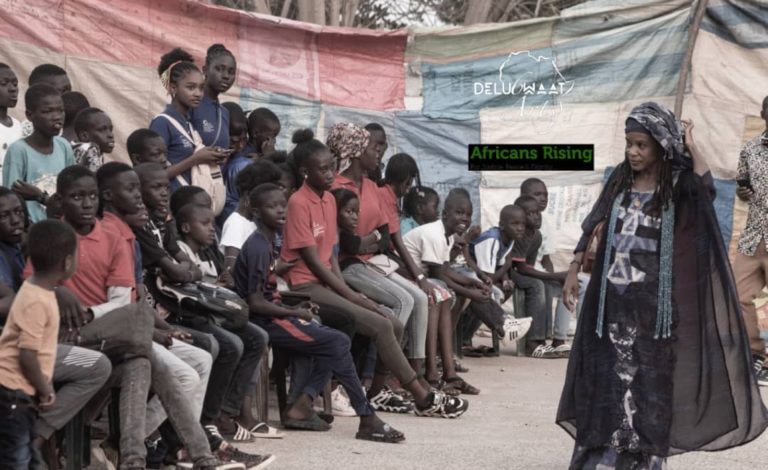Jamaica's Petition to King Charles: A Legal Milestone in the Struggle for Reparations
By Eunice Odhiambo, Reparations Campaign Officer – Africans Rising
In a revolutionary and unprecedented move, the government of Jamaica has formally asked King Charles III to refer fundamental issues of law relating to the transatlantic slave trade to the Judicial Committee of the Privy Council. This lawsuit seeks to determine whether the commoditisation, sale and enslavement of Africans was lawful under the British law, and whether Britain had an incessant legal duty to provide reparation for the damages caused by centuries of slavery and colonial plunder.
The petition, publicly released by Minister of Culture; Olivia “Babsy” Grange on June 24, 2025, and submitted to the Attorney General on June 25, requires the King to exercise his discretion under the Judicial Committee Act of 1833. The issues being posed are:
- Was the forced transport of Africans to Jamaica lawful according to English common law?
- Did slavery and the transatlantic slave trade constitute crimes against humanity?
- Is Britain under a legal obligation to make reparations for slavery and its long legacy?
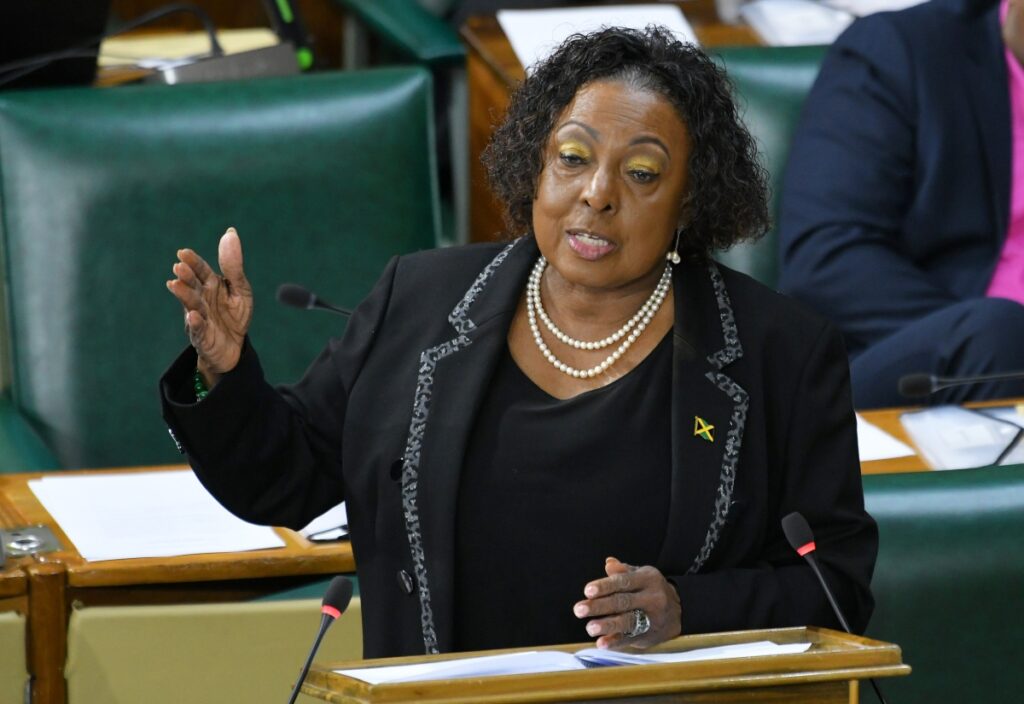
While the outcome of this process under the law remains unknown, we are clear that slavery was, and is, a crime against humanity. This is affirmed in international law e.g., the Universal Declaration of Human Rights (UDHR), and in our common morality. No court is required to affirm what already millions believe is self-evident.
Jamaica’s petition is more than a courtroom tactic. It is a part of a global campaign to hold the former colonial powers accountable. It is in line with years of Caribbean people mobilizing under CARICOM, and the current Pan-African reparations campaign by Africans Rising. We are employing a movement-building approach; linking grassroots struggles, legal action, and political mobilization to demand truth, repair, and justice.
This is not the first time that Africans have had a say with the British monarchy. In 2021, Africans Rising co-signed a letter to Queen Elizabeth II demanding reparations and historical accountability. That letter was symbolically raised on the Houses of Parliament; a testament that our voices will not be silenced. In a legal case brought by the veterans in 2009, a group of the Kenyan Mau Mau veterans successfully petitioned the British government for torture and abuse they suffered during the Kenya Emergency and were paid £19.9 million in compensation 2013.
One of the most astonishing facts that have been overlooked is that when Britain freed slaves in the 1830s, it compensated the slave owners, not the slaves. These compensations continued to 2015. This is to say that descendants of enslaved Africans were unknowingly paying taxes that contributed to reimbursing reparations to the descendants of their ancestors’ enslavers. This profound injustice informs the moral imperative of Jamaica’s appeal.
Now the world observes King Charles. Will he permit a legal reckoning, or protect the silence of empire? Either way, the demand for reparations will not be suppressed. Jamaica has moved. Africa is rising. And the voices of the oppressed will no longer be silenced.
Reparations are not a gift. They are a right. Justice is a duty. The time to act is now!

